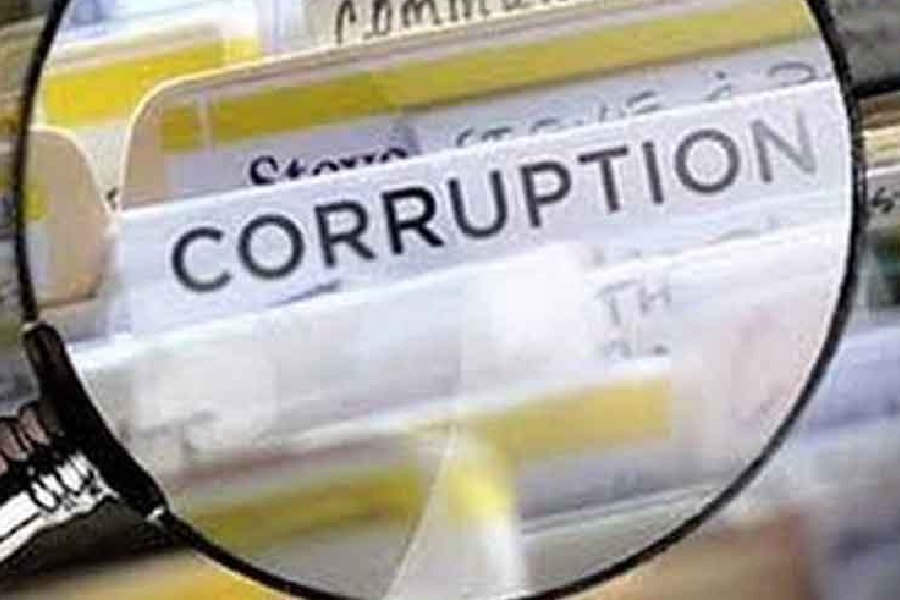As many as 7,072 corruption cases probed by the CBI are pending trial in courts, some for over 20 years, according to the latest annual report of the Central Vigilance Commission (CVC).
The CVC deals with corruption in government organisations and supervises the CBI in connection with the agency’s probe into offences committed under the Prevention of Corruption Act, 1988.
Of the total cases, 1,506 are pending for less than three years, 791 for more than three years and up to five years, and 2,115 for more than five years and up to 10 years, as on December 31, 2024, the report said.
A total of 2,281 corruption cases are pending trial for more than 10 years and up to 20 years, and 379 for more than 20 years, the report said.
“It was noted that 7,072 cases were pending for trials as on December 31, 2024. It is a matter of concern that 2,660 cases were pending for more than 10 years at the end of 2024,” it said.
According to the report, as many as 13,100 appeals/revisions filed by the CBI and the accused were pending in high courts and the Supreme Court.
Of these, 606 were pending for over 20 years, 1,227 for more than 15 years but less than 20 years, 2,989 for more than 10 years but less than 15 years, 4,059 for more than five years but less than 10 years, 1,778 for more than two years but less than five years and 2,441 for less than two years, it said.
During 2024, judgments were secured in 644 cases. Of these, 392 resulted in conviction, 154 in acquittal, 21 in discharge, and 77 were disposed of, the CVC report said. The conviction rate last year was 69.14 per cent against 71.47 per cent in 2023.
The report also stated that 807 cases were registered by the CBI in 2024, including 674 regular cases and 133 preliminary inquiries.
“As many as 222 traps were laid for the detection of bribery cases during 2024, and 43 regular cases for possession of disproportionate assets were registered during the year,” it said.
Out of 807 cases, 111 were taken up on the orders of constitutional courts and 61 on the references received from state governments and Union Territories, said the report.
During 2024, the CBI completed investigations in 1,005 cases, which comprised 856 regular cases and 149 preliminary inquiries. “At the end of 2024, a total of 832 cases were pending, out of which 776 were regular cases, in addition to 56 preliminary inquiries.”
According to the report, 445 regular cases were pending for more than one year and 42 preliminary inquiries were pending for more than three months at the end of 2024.
Last year, the CBI had registered 502 cases under the Prevention of Corruption Act involving 859 public servants, including 221 gazetted officers, the report said.
As of December 31, 2024, a total of 529 corruption cases registered by the CBI were pending investigation. Of these, 56 were pending for over five years, 60 for more than three years but less than five years, 64 for more than two years but less than three years, 108 for more than one year but less than two years and 241 for less than one year.
“It is expected of the CBI to complete the investigation within one year of registration of a case. Completion of investigation would imply filing of chargesheet in a court of law wherever warranted after the receipt of sanction from the competent authority, if required,” the CVC said.
It, however, noted “some delay” in the completion of the probe in some cases due to “excessive work”, “inadequate manpower” and in granting prosecution sanction by the competent authorities.
The report also cited time-consuming efforts required for scrutiny of voluminous records, especially in economic offences and bank fraud cases, and to locate and examine witnesses at remote locations as reasons for the delay in the completion of
the investigation.











